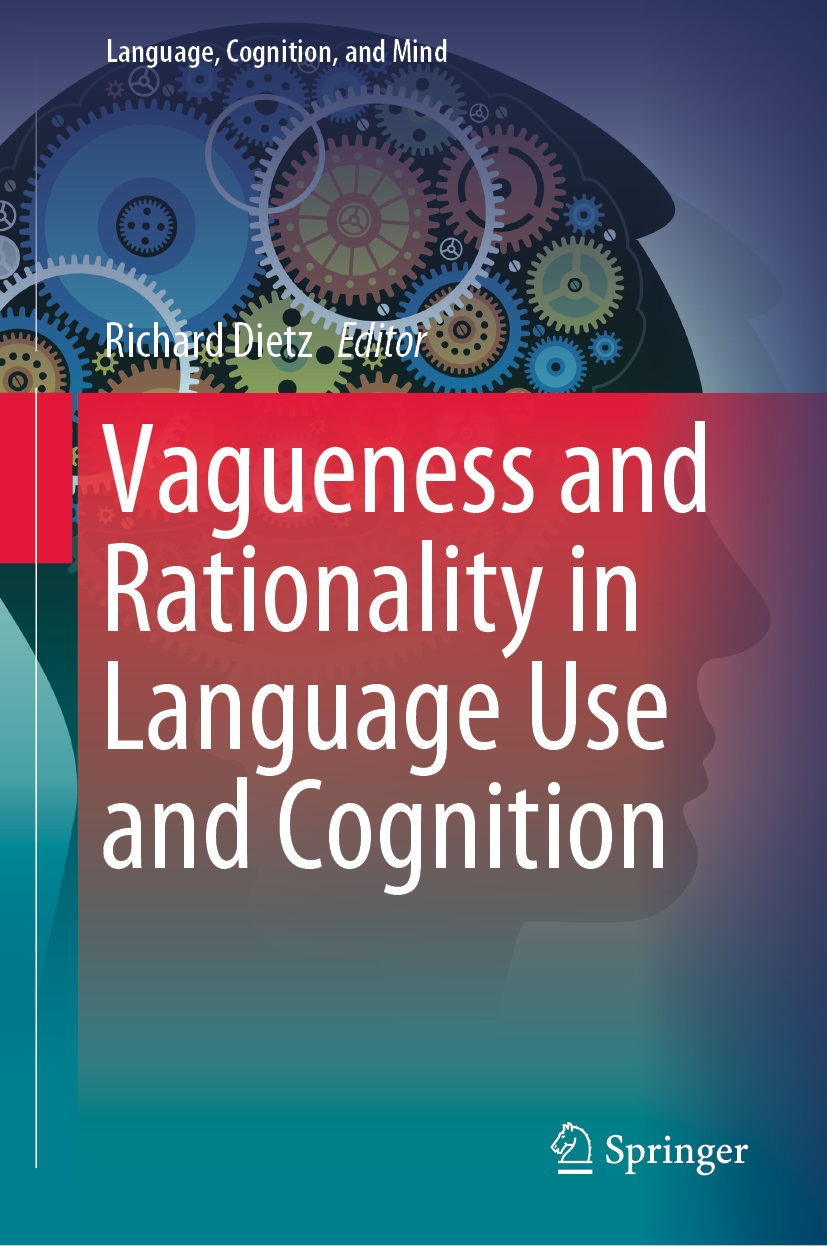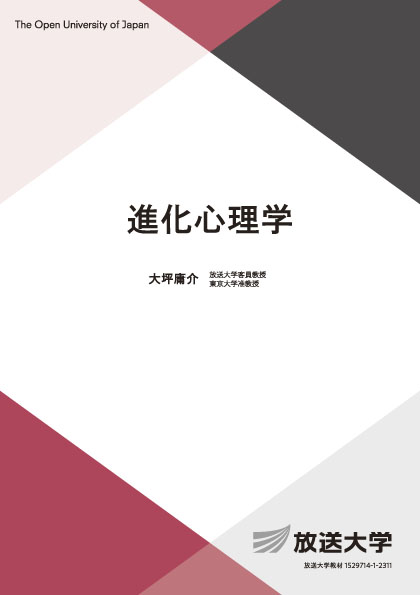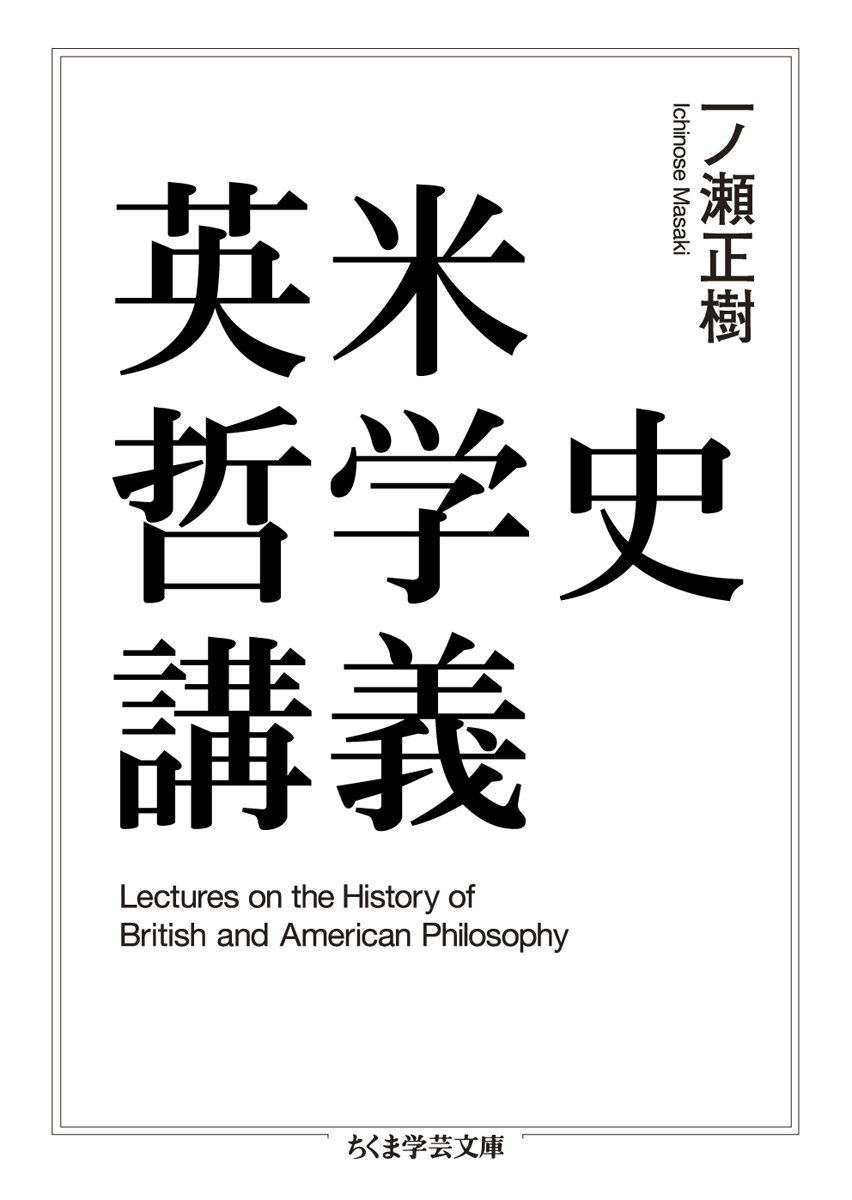
Title
Language, Cognition and Mind Vagueness and Rationality in Language Use and Cognition
Size
183 pages
Language
English
Released
2019
ISBN
978-3-030-15930-6
Published by
Springer International Publishing
Book Info
Japanese Page
Vagueness in language and cognition has traditionally been interpreted in semantic or epistemic terms. Specifically, on the standard picture of vagueness, it is suggested that considerations of agency or rationality, broadly conceived, can be left out of the equation. Likewise, theories of rationality in choice behaviour traditionally abstract from the potential vagueness of notions that are fundamental to the theory of rational decision-making, such as credence or preference. It is in this regard fair to say that theories of vagueness and theories of rationality tend to be premised on the idea that they have nothing to contribute to one another. Recently, new literature has emerged, suggesting that this received idea is inadequate. For one, theories of vagueness in language or cognition have been used for models of rational vagueness-related credence (Edgington 1997; Dietz 2010; Williams 2012; Douven & Decock 2017; Smith 2014) and decision theory (Williams 2014). For another, it has been argued that considerations of rationality should essentially factor into a more comprehensive account of vagueness. Proposals in this vain are diverse, ranging from philosophical theories on the supposed connection between vagueness and interest-relativity (Fara 2000) or indeterminate projects (MacFarlane 2016), adaptations of choice theory for the semantics of vague languages (revealed preference: van Rooij 2011; social choice: Grinsell 2012), Bayesian models of pragmatic reasoning (Lassiter & Goodman 2017), or applications of evolutionary game theory to the theory of vagueness (for an overview, see Correia & Franke 2017).
This volume presents new conceptual and experimental studies which investigate the connection between vagueness and rationality from various systematic directions, such as philosophy, linguistics, cognitive psychology, computing science, and economics. Vagueness in language use and cognition has traditionally been interpreted in epistemic or semantic terms. The standard view of vagueness specifically suggests that considerations of agency or rationality, broadly conceived, can be left out of the equation. Most recently, new literature on vagueness has been released which suggests that the standard view is inadequate and that considerations of rationality should factor into more comprehensive models of vagueness. The methodological approaches presented here are diverse, ranging from philosophical interpretations of rational credence for vagueness to adaptations of choice theory (dynamic choice theory, revealed preference models, social choice theory), probabilistic models of pragmatic reasoning (Bayesian pragmatics), evolutionary game theory, and conceptual space models of categorisation.
The first three papers (by Mahtani, Smith, and Andreou) turn on the question of how vagueness affects rational choice and related fundamental notions. The other cluster of papers (by Green & van Deemter, Correia & Franke, Douven, Grinsell, and Kochari & van Rooij) bring models of rationality to bear to the theory of vagueness in language and cognition.
(Written by Richard Dietz, Project Lecturer, Graduate School of Arts and Sciences / 2019)
Table of Contents
I. Vagueness in Rational Choice
1. Anna Mahtani: Vagueness and imprecise credence
2. Nicholas J.J. Smith: Problems of Precision in Fuzzy Theories of Vagueness and
Bayesian Epistemology
3. Chrisoula Andreou: Regret, Sub-optimality, and Vagueness
II. Rationality in Vague Language Use and Cognition
4. Matthew James Green and Kees van Deemter: The elusive benefits of vagueness: the
evidence so far
5. José Pedro Correia and Michael Franke: Towards an ecology of vagueness
6. Igor Douven: The rationality of vagueness
7. Timothy W. Grinsell: Semantic indecision
8. Arnold Kochari and Robert van Rooij: Grounding a pragmatic theory of vagueness on
experimental data: semi-orders and Weber’s Law
Related Info
“I have no doubt that this volume will be a valuable contribution to the current literature on the topic. All chapters are refreshingly original, and they offer surprising connections between vagueness as a semantic phenomenon and other seemingly unrelated problems in game theory, Bayesian epistemology or social choice theory. As a result, the reader is able to acquire a broad understanding of the problem, as well as a sense of its pervasiveness. The book also exhibits a delicate balance between conceptual and experimental approaches to vagueness. It is highly recommended to scholars and graduate students working on epistemology, philosophy of language, cognitive psychology, or linguistics.” (Eleonora Cresto, CONICET, Buenos Aires, Argentina)



 Find a book
Find a book



